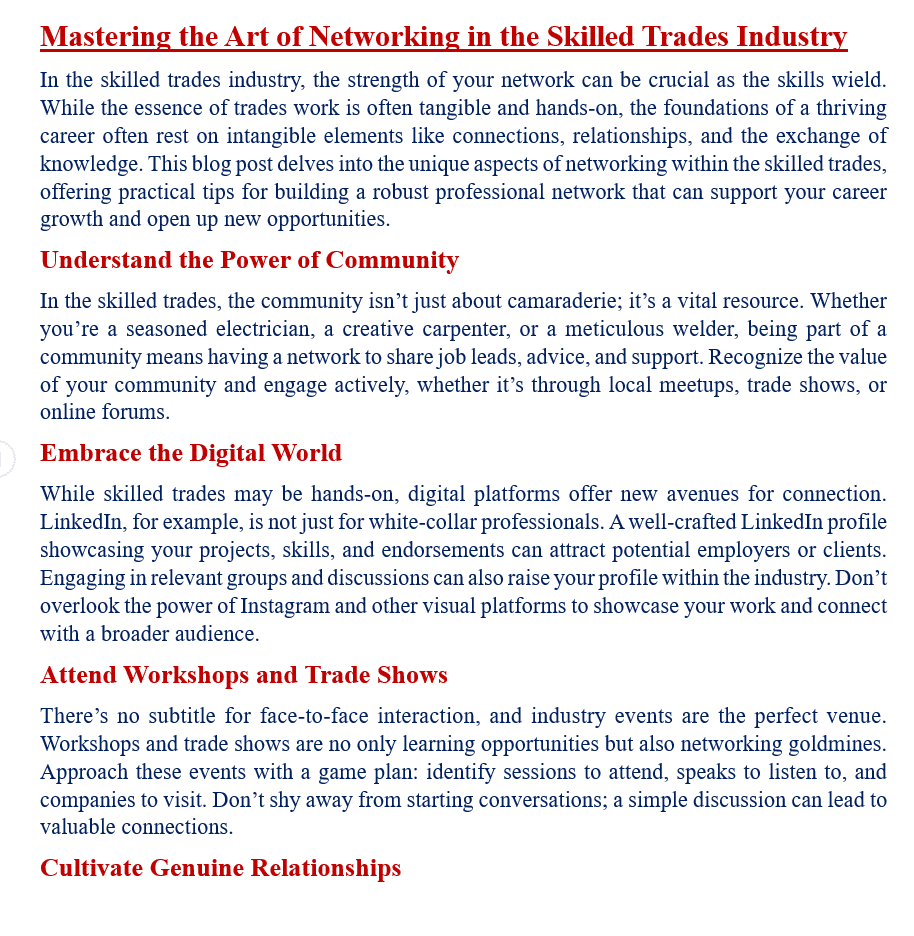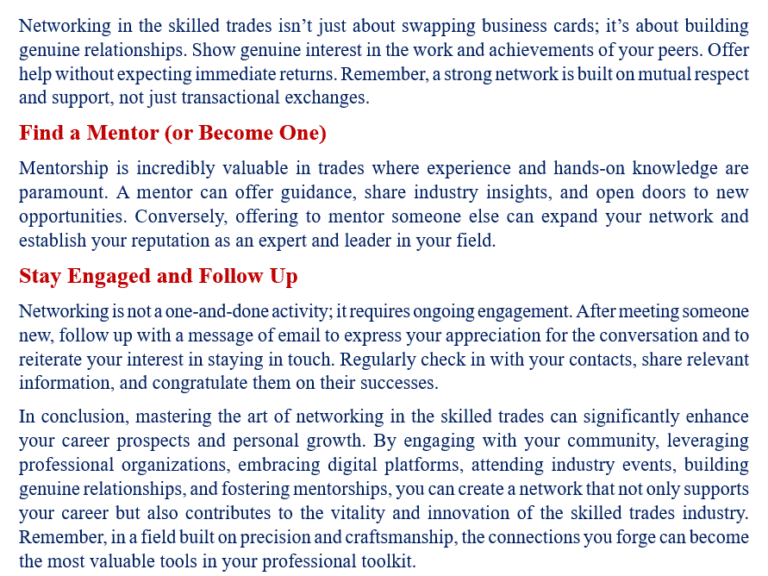

Want to enhance your chances of finding a great new job? Enter your name and email below, and we’ll send you our free guide ‘3 Steps to Create a Resume Recruiters Will Desire’.

Interested in being notified about new jobs? Sign up below.